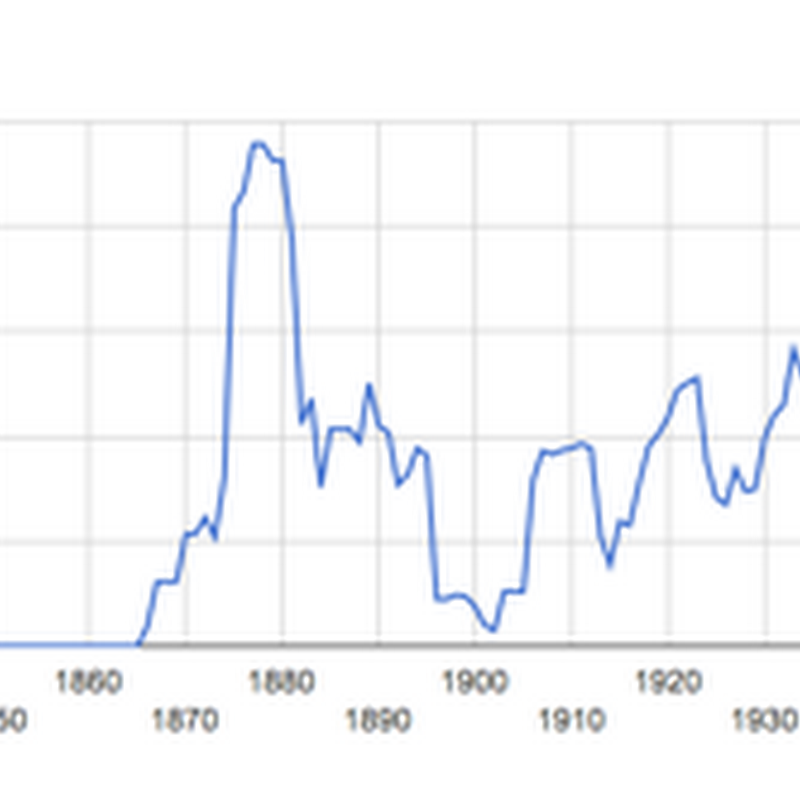On eof the things BioNames will need to do is match taxon names to classifications. For example, if I want to display a taxonomic hierarchy for the user to browse through the names, then I need a map between the taxon names that I've collected and one or more classifications. The approach I'm taking is to match strings, wherever possible using both the name and taxon authority.
iPhylo

One of the fun things about developing web sites is learning new tricks, tools, and techniques. Typically I hack away on my MacBook, and when something seems vaguely usable I stick it on a web server.

The new look Biodiversity Heritage Library has just launched. It's a complete refresh of the old site, based on the Biodiversity Heritage Library–Australia site. If you want an overview of what's new, BHL have published a guide to the new look site. Congrats to involved in the relaunch.One of the new features draws on the work I've been doing on BioStor.
One of the biggest pains (and self-inflicted wounds) in taxonomy is synonymy, the existence of multiple names for the same taxon. A common cause of synonymy is moving species to different genera in order to have their name reflect their classification.
Yet another taxonomic database, this time I can't blame anyone else because I'm the one building it (with some help, as I'll explain below).BioNames was my entry in EOL's Computable Data Challenge (you can see the proposal here: http://dx.doi.org/10.6084/m9.figshare.92091). In that proposal I outlined my goal:The bulk of the funding from EOL is going into interface work by Ryan Schenk (@ryanschenk), author of synynyms among other cool things.

This is not a post I'd thought I'd write, because OpenURL is an awful spec. But last week I ended up in vigorous debate on Twitter after I posted what I thought was a casual remark:This ended up being a marathon thread about OpenURL, accessibility, bibliographic metadata, and more.

I spend a lot of time searching the web for bibliographic metadata and links to digitised versions of publications.

Few things have annoyed be as much as the following post on TAXACOM:I'm trying to work out why this seemingly innocuous post made me so mad. I think this is because I think this fundamentally framing the question the wrong way. Surely the goal is to have a list of names that is global in scope, well documented, and freely usable by all without restriction? Surely we want open and free access to fundamental biodiversity data?

There are many reasons why the International Commission on Zoological Nomenclature (ICZN) is in trouble, but fundamentally I think it's because of situation illustrated by following diagram.Based on an analysis of the Index of Organism Names (ION) database that I'm currently working on, there are around 3.8 million animal names (I define "animal" loosely, the ICZN covers a number of eukaryote groups), of which around 1.5 million are "original

Image by Mr.checker from Wikimedia Commons Science carries a news piece on the perilous state of the International Commission on Zoological Nomenclature (on Twitter as @ZooNom):Pennisi, E. (2013). International Arbiter of Animal Names Faces Financial Woes. Science, 339(6122), 897–897.